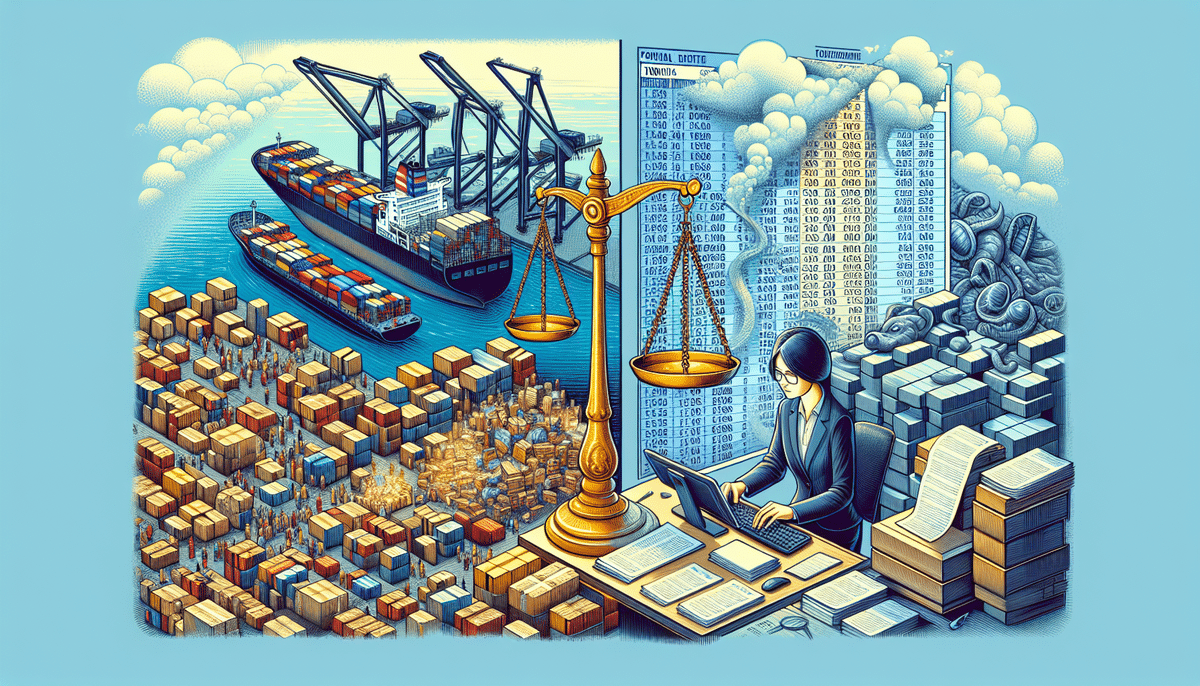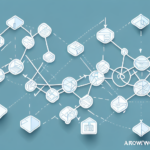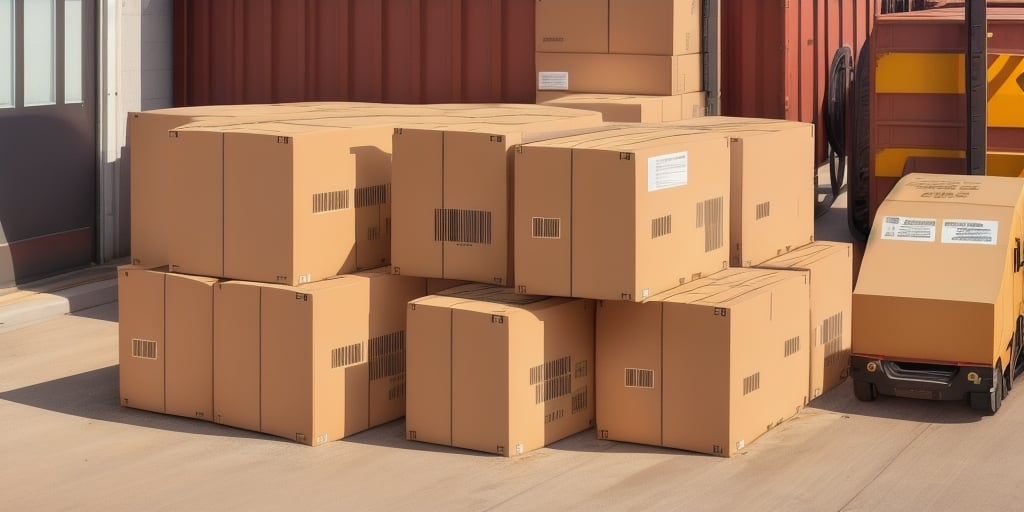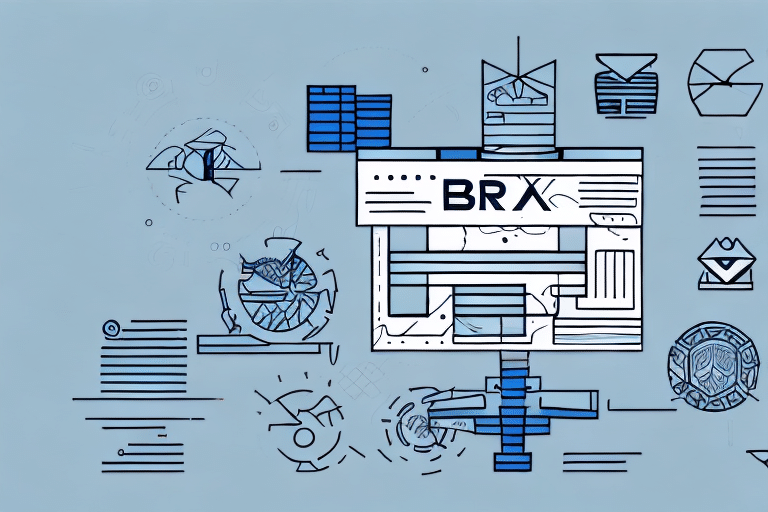Introduction to International Trade Costs
Global trade has become increasingly accessible, enabling businesses to reach markets worldwide with greater ease. However, this convenience comes with associated costs that can significantly impact the profitability of your international endeavors. Two of the most substantial expenses in international trade are applied tariffs and customs brokerage fees. This article provides an in-depth analysis of these fees and offers practical tips to help you minimize your costs.
Understanding Applied Tariffs and Customs Brokerage Fees
What are Applied Tariffs?
Applied tariffs are taxes imposed on imported goods by the destination country. These tariffs are typically calculated as a percentage of the value of the goods and are used by governments to regulate trade, protect domestic industries, and generate revenue. According to the World Trade Organization (WTO), tariffs are a key tool in shaping international trade policies.
What are Customs Brokerage Fees?
Customs brokerage fees are service charges levied by licensed customs brokers to facilitate the clearance of goods through customs. These professionals manage the paperwork, ensure compliance with international trade regulations, and provide guidance on tariffs and other fees. By handling the complexities of the importing process, customs brokers help businesses save time and avoid costly mistakes.
The Role and Value of Customs Brokers in International Trade
Customs brokers play a crucial role in international trade by acting as intermediaries between importers/exporters and government customs agencies. Their expertise ensures that goods are classified correctly, duties and taxes are accurately calculated, and shipments comply with all relevant regulations. According to the U.S. Customs and Border Protection, employing a knowledgeable customs broker can significantly streamline the import process and reduce the risk of delays or penalties.
Calculating and Minimizing Customs Brokerage Fees
How Are Customs Brokerage Fees Calculated?
Customs brokerage fees vary based on the services provided, the value of the shipment, the type of goods, and the countries of origin and destination. Typically, brokers charge a base fee for handling documentation and the customs clearance process, with additional charges for specialized services such as warehousing, repackaging, or expedited shipping.
Tips for Minimizing Customs Brokerage Fees
- Choose an Experienced Broker: Selecting a broker with a proven track record in your target market can help identify opportunities to reduce or eliminate unnecessary fees.
- Provide Accurate Documentation: Complete and precise paperwork accelerates the clearance process, minimizing potential delays and additional costs.
- Utilize Bonded Warehouses: Storing goods in bonded facilities allows you to defer the payment of duties and taxes, improving cash flow and reducing upfront costs.
- Stay Informed: Keeping up-to-date with changes in customs regulations and tariffs can help you leverage new opportunities to lower fees.
Understanding Customs Duties and Taxes
Common Types of Duties and Taxes
In addition to applied tariffs, importers may encounter various other duties and taxes, including:
- Value-Added Tax (VAT): A consumption tax applied at each stage of production and distribution, typically ranging from 5% to 27% depending on the country.
- Excise Tax: Levied on specific goods such as alcohol, tobacco, and gasoline, often included in the product price and paid by the consumer.
- Goods and Services Tax (GST): Similar to VAT, GST is a broad-based consumption tax applied to most goods and services.
Understanding these taxes is essential, as they can significantly affect the total cost of importing goods. The Organisation for Economic Co-operation and Development (OECD) provides comprehensive resources on various types of international taxes.
Harmonized System (HS) Codes and Tariff Classification
The Harmonized System (HS) Codes are a standardized numerical method of classifying traded products. Developed by the World Customs Organization (WCO), these codes are essential for determining applicable tariffs and ensuring compliance with international trade regulations. Selecting the correct HS code for your products is critical, as incorrect classification can lead to inaccurate tariff assessment and potential legal issues.
Choosing the Right Customs Broker for Your Business
Selecting an appropriate customs broker is vital for the smooth operation of your international trade activities. Consider the following factors when making your choice:
- Experience and Expertise: Ensure the broker has a strong track record and specialized knowledge in your industry and target markets.
- Licensing and Accreditation: Verify that the broker is properly licensed and accredited by relevant authorities, such as the U.S. Customs and Border Protection.
- Quality of Service: Assess the broker’s responsiveness, communication skills, and ability to provide comprehensive support.
- Cost: Compare fee structures to ensure they align with your budget while still offering value for the services provided.
For more guidance, refer to the National Customs Brokers & Forwarders Association of America (NCBFAA).
The Impact and Future of Tariffs on Global Trade
Impact of Tariffs on International Trade
Tariffs can have significant implications for international trade by influencing the cost competitiveness of imported goods. While tariffs can protect domestic industries and generate government revenue, they may also lead to higher prices for consumers and reduced trade volumes. The International Monetary Fund (IMF) highlights that excessive tariffs can disrupt global supply chains and strain international relations.
The Future of Tariff and Duty Rates
The landscape of tariffs and duties is continually evolving, influenced by geopolitical shifts, trade agreements, and economic policies. Recent global events, such as the COVID-19 pandemic, have prompted many countries to reassess their trade strategies, leading to adjustments in tariff rates and trade regulations. Staying informed about these changes is crucial for businesses to adapt and maintain their competitive edge in the global market.
Common Misconceptions and Legal Implications
Misconceptions about Customs Brokerage Fees
Several misconceptions surround customs brokerage fees, including the belief that these fees are optional or that customs brokers offer minimal value. In reality, customs brokerage fees are mandatory for the clearance of goods through customs, and brokers provide essential expertise that can prevent costly errors and delays.
Legal Implications of Non-Compliance
Failing to pay required customs brokerage fees or misclassifying goods can result in severe legal penalties, including fines, revocation of import privileges, and even criminal charges. It is imperative to adhere to all customs regulations and ensure accurate fee payments to avoid these consequences.
Case Studies: Real-Life Examples of Applied Tariffs and Customs Brokerage Fees
Examining real-world scenarios can provide valuable insights into the practical application of tariffs and customs brokerage fees. For instance, a case study involving a small electronics importer may illustrate how proper HS code classification and selecting an experienced customs broker can reduce overall costs and expedite the clearance process.
Another example might highlight a company that failed to comply with customs regulations, resulting in significant fines and operational disruptions. These case studies underscore the importance of understanding and effectively managing applied tariffs and customs brokerage fees to ensure successful international trade operations.
Importing and exporting goods across borders can be a complex and costly process. However, by understanding applied tariffs and customs brokerage fees, businesses can implement strategies to reduce their expenses and remain competitive in the global marketplace. Partnering with experienced customs brokers, adhering to best practices, and staying informed about the latest developments in tariffs and fees are essential steps for thriving in the dynamic world of international trade.




















